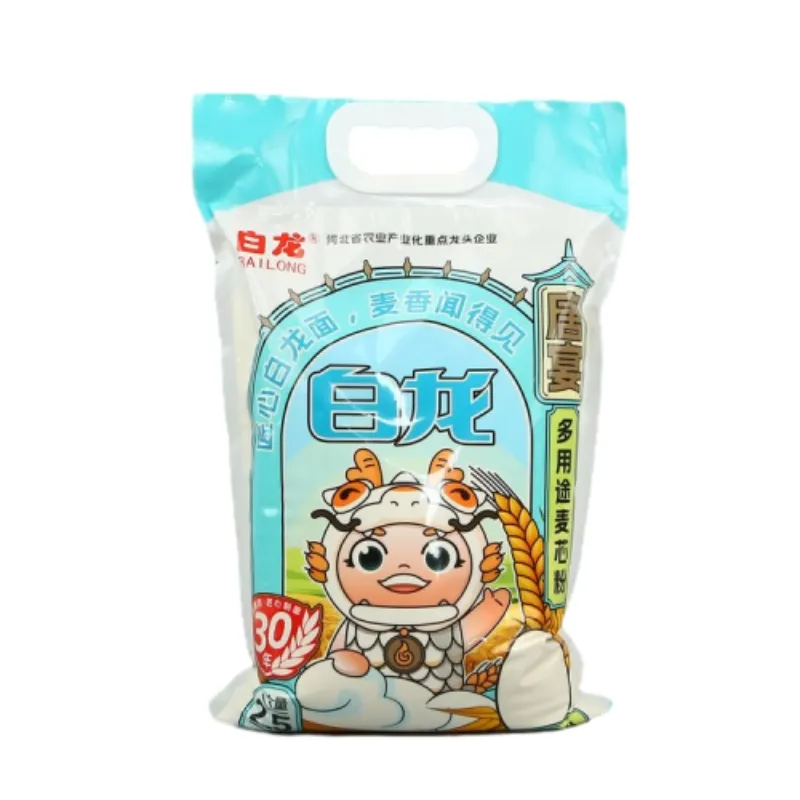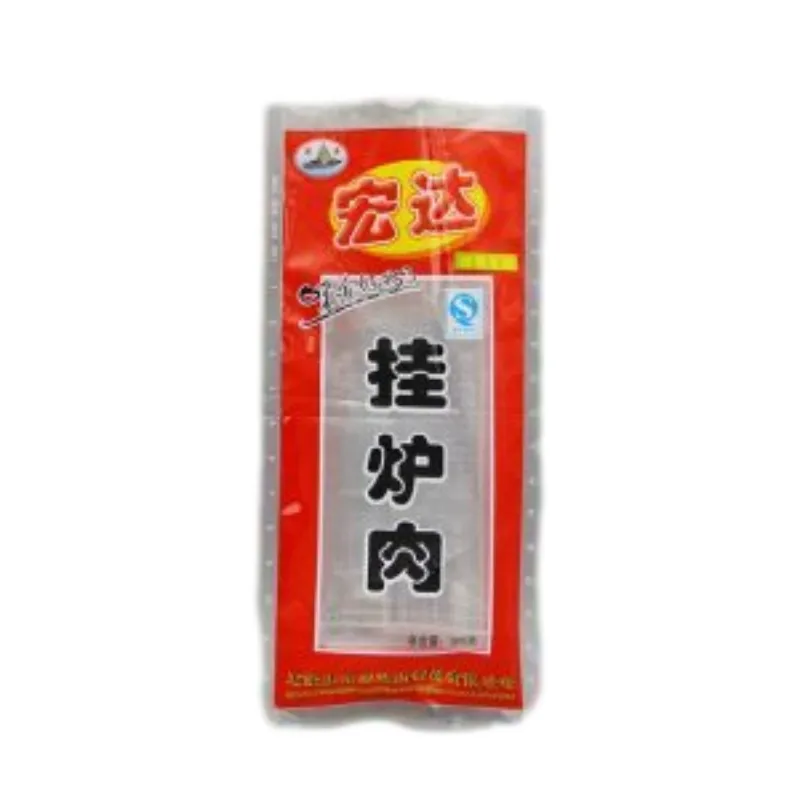Polythene packaging bags have become an indispensable component in virtually every sector, offering versatility, durability, and protection for a myriad of products. Whether you are an e-commerce giant or a small local business, understanding the nuances of polythene packaging can greatly enhance your product delivery experience and, consequently, customer satisfaction.

Through years of experience in the packaging industry, polythene bags have proven their effectiveness by supporting logistical efficiencies while ensuring products remain safe and intact during transportation. Their lightweight and flexible nature allow companies to reduce shipping costs significantly. For businesses looking to optimize their packaging solutions, it is critical to consider the benefits polythene bags can provide.
Polythene, being a form of plastic polymer, offers robust protection against moisture, dust, and other environmental factors, which are essential for preserving the quality of products, especially food items, pharmaceuticals, and sensitive electronics. Expertise in selecting the appropriate type of polythene—such as low-density polyethylene (LDPE) or high-density polyethylene (HDPE)—can greatly influence the performance of your packaging, tailoring its use to fit the specific needs of your product range.

For example, high-density polyethylene (HDPE) bags are renowned for their strength and puncture resistance, making them ideal for packaging bulkier items or those requiring extra durability. Low-density variants, on the other hand, offer more flexibility and clarity, making them suitable for retail environments where product presentation is key. These choices not only affect product safety but also align with branding and customer interaction, enhancing the overall consumer experience.
As the adoption of sustainable practices becomes increasingly important, manufacturers have innovated polythene packaging to include biodegradable and recycled options, reinforcing the industry's commitment to environmental stewardship. By incorporating these eco-friendly materials, businesses demonstrate their authority and responsiveness to global sustainability efforts, contributing positively to their brand reputation.
polythene packaging bags
Unlike many other types of packaging, polythene bags can be tailored to meet specific branding requirements. With advances in printing technologies, it is now possible to customize these bags with high-resolution graphics, logos, and text that capture brand identity and attract consumer attention. This customization further extends to size, shape, and closure mechanisms, offering an extensive range of options to create a packaging solution that is both functional and branding-forward.
As an expert in the realm of polythene packaging, its significance in ensuring product integrity while optimizing costs cannot be overstated. Detailed research and strategic selection of materials and manufacturers ensure these bags not only meet industrial standards but exceed customer expectations. Building trust with consumers involves transparency about the properties and benefits of polythene packaging, potentially leveraging certifications and compliance to emphasize quality assurance.
Incorporating polythene packaging into business operations goes beyond mere practicality. It provides a tangible interface between the company and the customer, a representation of the value and care invested in every product. The versatility and efficiency of polythene bags reflect the brand's commitment to innovation, quality, and sustainability, vital factors in establishing a long-standing relationship with discerning consumers.
To conclude, polythene packaging bags are not merely a choice but a strategic asset that could play a pivotal role in shaping brand perception and operational success. With an informed approach to selection and application, businesses can leverage these packaging solutions to enhance product appeal, reduce costs, and contribute positively to environmental impact—all of which feed back into the core aspects of Experience, Expertise, Authoritativeness, and Trustworthiness.